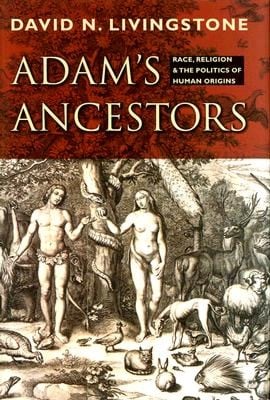The newest Barna Study examines American Christians and their relationship to the charismatic movement. There is at least one alarming element in this study, but here are some major conclusions:
Do the following match your experience locally? What are you seeing in the charismatic movement? (Is this an “issue” anymore? Why or why not?)
Some of it is youth and age…
Christians aligned with the two youngest generations – the Mosaics (56%) and Busters (49%) – were more likely than were Boomers (44%) or Elders (30%) to believe that “the charismatic gifts, such as tongues and healing, are active and valid today.” However, age was a less consistent indicator of people’s awareness of spiritual gifts. Mosaic Christians were the most likely to be aware of such gifts, while Buster Christians the least aware age group.
Regarding the best-known and most controversial of the charismatic gifts, the spiritual prayer language known as speaking in tongues, younger Christians were more likely to believe that tongues are “valid and active today.” In total, 43% of Mosaics and Busters believe either that God provides every Christian with the ability to speak in tongues or that God gives the gift to some but not to others. This compares to 37% among Boomers and Elders combined. Still, this does not necessarily translate into greater personal participation in speaking in tongues among young believers; just 7% of Mosaic Christians and 9% of Buster Christians had ever spoken in tongues, compared to 13% of Boomer believers and 9% of Elder Christians.
This one surprises me a bit …
The four generations also demonstrated contrasting perspectives about the Holy Spirit. Despite their skepticism about the charismatic and Pentecostal expressions of Christianity, older believers stood out from younger Christians for their likelihood of saying that they “consistently allow their lives to be guided by the Holy Spirit.” Elders (64%) and Boomers (59%) outpaced Busters (54%) and Mosaics (38%) on this viewpoint.
This conclusion is alarming. Not only do the younger Christians not see the Holy Spirit as “person,” but the percent of Christians who don’t is astounding. Once again, we see that far too many Christians lack a robust doctrine of the Trinity.
In spite of their openness to the charismatic and Pentecostal elements of the Christian faith, the youngest believers offered an unexpected, existentialist view of the Holy Spirit. In total, 68% of Mosaic Christians said they believe that the third person of the trinity is just “a symbol of God’s power or presence, but is not a living entity.” This compares to 59% of Busters, 55% of Boomers, and 56% of Elders who believe the Holy Spirit is merely symbolic.
Evidence of globalization, pluralism, etc…
Younger Christians were more likely than older believers to “sense that God is motivating people to stay connected with him, but in different ways and through different types of experiences than has been the case in the past.” A majority of Busters (52%) strongly embraced this perspective, while Boomers (43%) and Elders (39%) were less likely to do so.

